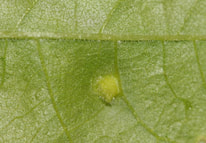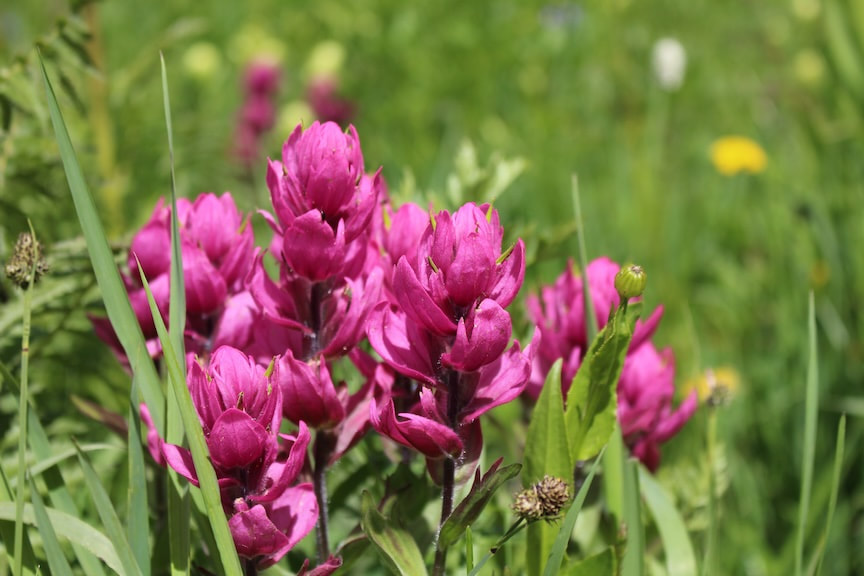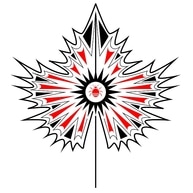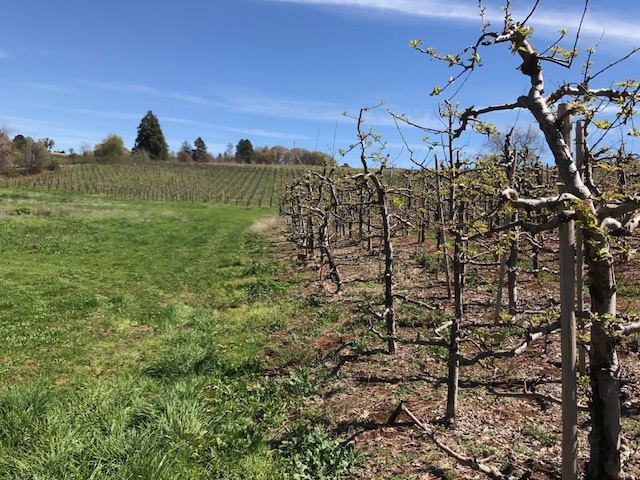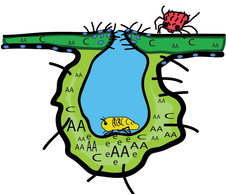Welcome to the Nabity Lab
|
I am interested in how parasites interact with their hosts. Thus, work in the lab focuses on how parasite-host interactions evolved, the mechanisms that facilitate adaptation, and how we might use this information to manage ecologically and agriculturally significant organisms. I am also interested in helping to change the discipline by recruiting and supporting underrepresented groups in STEM.
|
We have two main research themes in the lab:
- Evolution of herbivory: Here we use comparative genomics and experimental manipulation of both ecologically and agriculturally significant interactions to understand how insects evolved to feed on plants, and how these plants reciprocally respond. Our systems and approaches vary, so take a look at previous projects covering conservation, biosecurity, and fundamental discovery:
- Resource tradeoffs: Here we try to understand the context that alters autotrophy (photosynthesis) when resources become limiting or shifted during the act of parasitism. We use both insect and plant parasites under natural conditions to characterize phenotypic plasticity and growth-defense tradeoffs.
OPPORTUNITIES
If you are interested in pursuing a MS or PhD on the topics we study at the UNIVERSITY OF MELBOURNE, please let me know. There are opportunities to gain skills in bioinformatics, work on existing systems, and initiate new projects based on the flora of Australia. Thank you for your interest!
|
an artistic interpretation of the lab's research, copyright Robert Mitchell, chemical ecologist extraordinaire.
|
Apple orchards in spring can be quite peaceful.
|
The molecular landscape of galling herbivores is complex, but what drives this phenotype and how extended is it?
|
